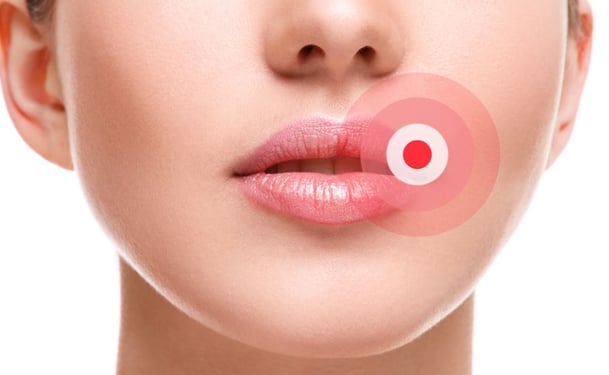Skin Tyte is a non invasive skin repairing and rejuvenating treatment. The procedure can be used in a great number of patients that are healthy and even in patients that have a chronic medical condition that is controlled by medication. However, there are a few medical conditions that can interfere with Skin Tyte.
Autoimmune Diseases
Skin Tyte shouldn’t be used in patients that have autoimmune diseases. Patients that have autoimmune diseases (i.e. lupus or psoriasis) have a hyperactive immune system and the application of infrared light energy may influence the immune system and activate it.
Skin Tyte hasn’t been tested in patients with autoimmune diseases, but it is not recommended and the results cannot be predicted.
Connective Tissue Problems
The Skin Tyte treatment shouldn’t be applied in patients that have different connective tissue problems. This is due to the fact that the light used by the Skin Tyte technique will heat up the collagen and the connective tissue, and may cause complications.
Diabetes
Patients with insulin dependent diabetes shouldn’t get the Skin Tyte treatment. Even if the disease is completely controlled, there may be risks involved and most dermatologists refuse performing the procedure.
Blood Clotting Disorders
Patients with blood clotting disorders (i.e. hemophilia) may not benefit from Skin Tyte. Even if the infrared light will not cause bleeding and the procedure is non invasive, the procedure may cause the burst of capillaries under the skin and may cause severe bruising and additional complications.
Pregnancy
Pregnancy and lactation are 2 periods during a woman’s life when cosmetic treatments are not recommended. This may be due to the several hormonal changes which can interfere with the infrared light energy.
However, Skin Tyte may be used after pregnancy and the lactation period and may be effective in reducing melasmas, which can occur during pregnancy and may persist even after the baby is born.
Sun Burnt Skin
A severe sun burn may be considered a medical condition. A patient that has suffered a severe sun burn will not be able to get the Skin Tyte treatment and should wait until the skin is completely healed and the tan is gone.
Retinoid Treatment
Patients that receive retinoid treatment (i.e. Acutane for acne) should wait at least 6 months after discontinuing the treatment before getting a Skin Tyte procedure.
Active Cold Sores
If the patient has an active cold sore on the mouth and the area around the lips will be treated with Skin Tyte, the dermatologist will recommend waiting until the cold sore is gone. If the patient has the herpes virus (which is responsible for the cold sore outbreaks), the dermatologist may recommend getting preventive medication before the Skin Tyte treatment, to avoid the occurrence of a cold sore during or after the treatment.
Ideally, Skin Tyte shouldn’t be used in patients that have an infection or an acute condition. The treatment should be applied after the patient has fully recovered.



